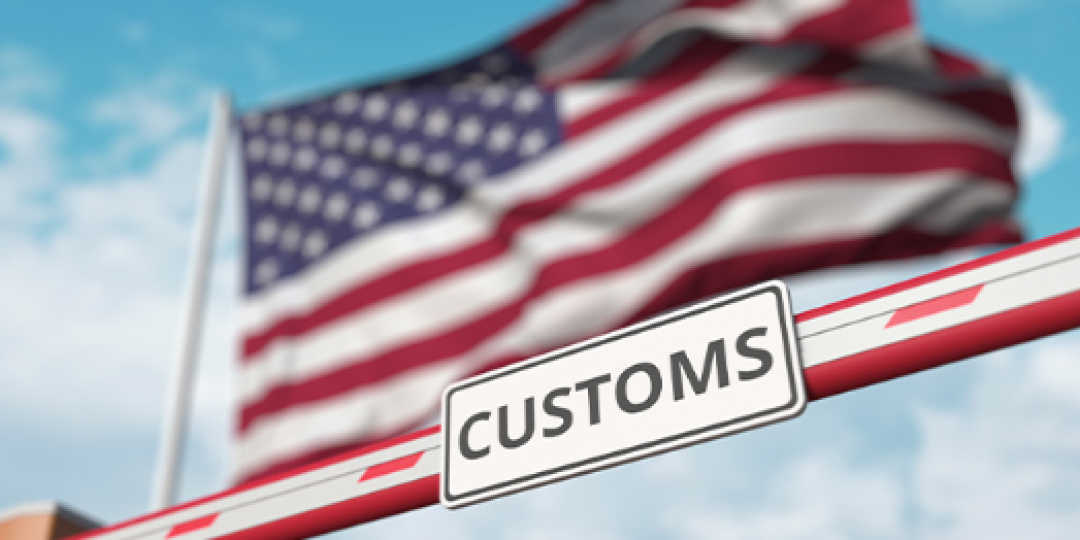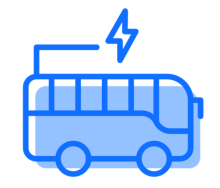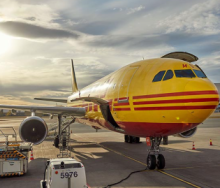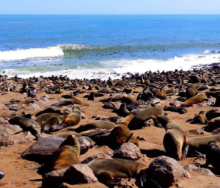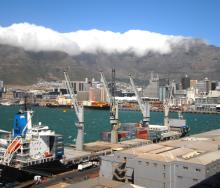Imports at major US container ports should continue at elevated levels this month despite a strike that briefly shut down operations from Maine to Texas earlier this month, according to the Global Port Tracker report released by the National Retail Federation and Hackett Associates.
“It was a huge relief for retailers, their customers and the nation’s economy that the strike was short-lived,” NRF vice president for supply chain and customs policy Jonathan Gold said. “It will take the affected ports a couple of weeks to recover, but we can rest assured that all ports across the country will be working hard to meet demand, and no impact on the holiday shopping season is expected.”
The strike wasn’t without impacts, however. Retailers who brought in cargo early or shifted delivery to the West Coast face added warehousing and transportation costs. “But the priority now is for both parties to negotiate in good faith and reach a long-term contract before the short-term extension ends in mid-January. We don’t want to face a disruption like this all over again,” Gold said.
Members of the International Longshoremen’s Association went on strike at East and Gulf Coast container ports on October 1 after their contract with the US Maritime Alliance expired. But the strike lasted only three days, ending after a tentative agreement was reached on a wage increase and a short-term contract extension until January 15. The move came after the NRF led a coalition, asking President Biden to use “any and all authority” to end the strike.
Ports handled unusually large volumes of cargo beginning this spring as importers brought in goods early because of the potential for a strike and shifted a number of vessels to the West Coast, where dockworkers are represented by a different union.
“The surge in imports over the past few months has clearly been the result of contingency imports by wholesalers, retailers and industrial companies in anticipation of the East and Gulf Coast port strike rather than a sudden increase in demand,” Hackett Associates founder Ben Hackett said. “We may see some short-term congestion on the West Coast but nothing significant, and East Coast delays should be limited.”
